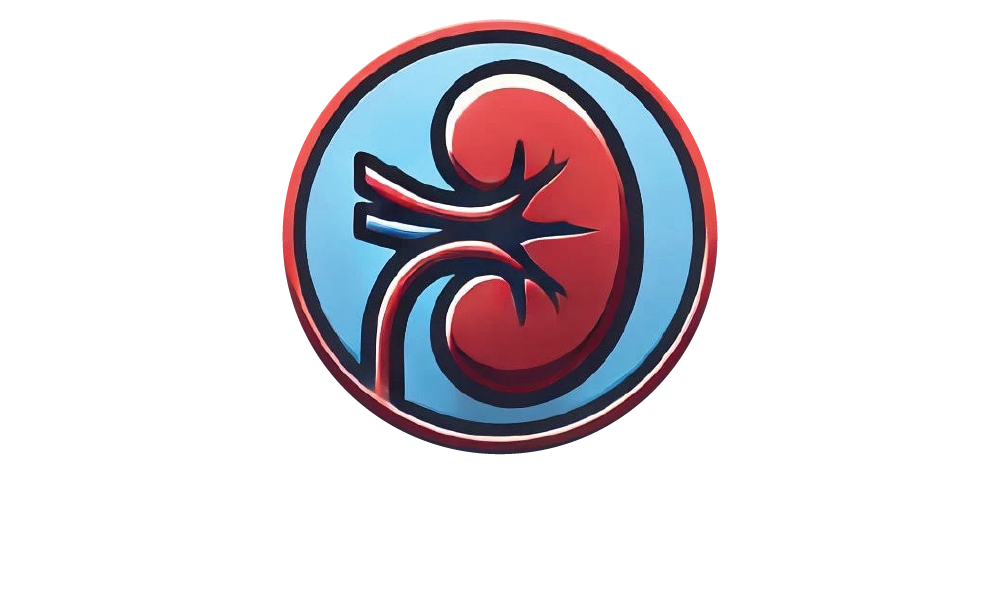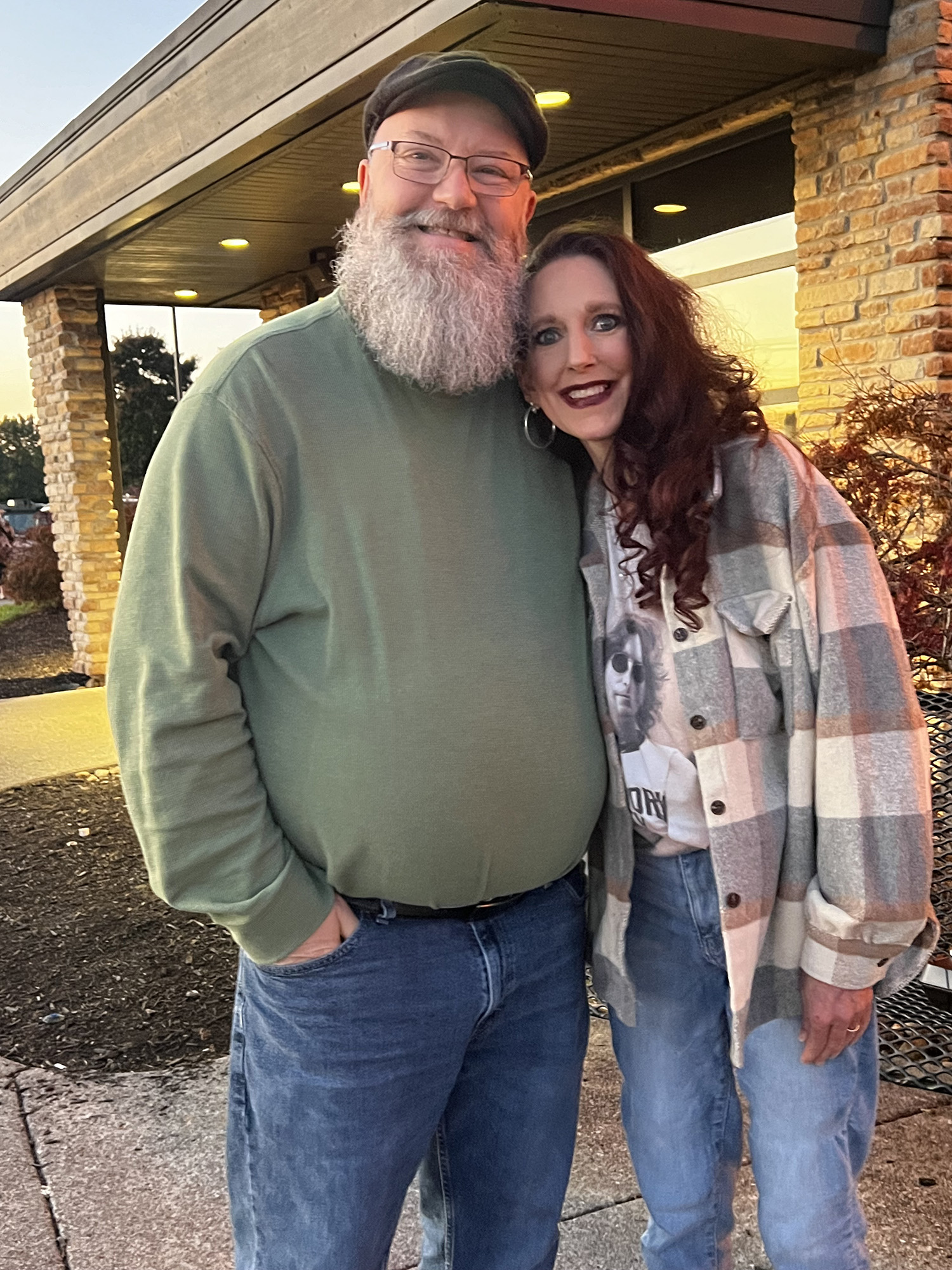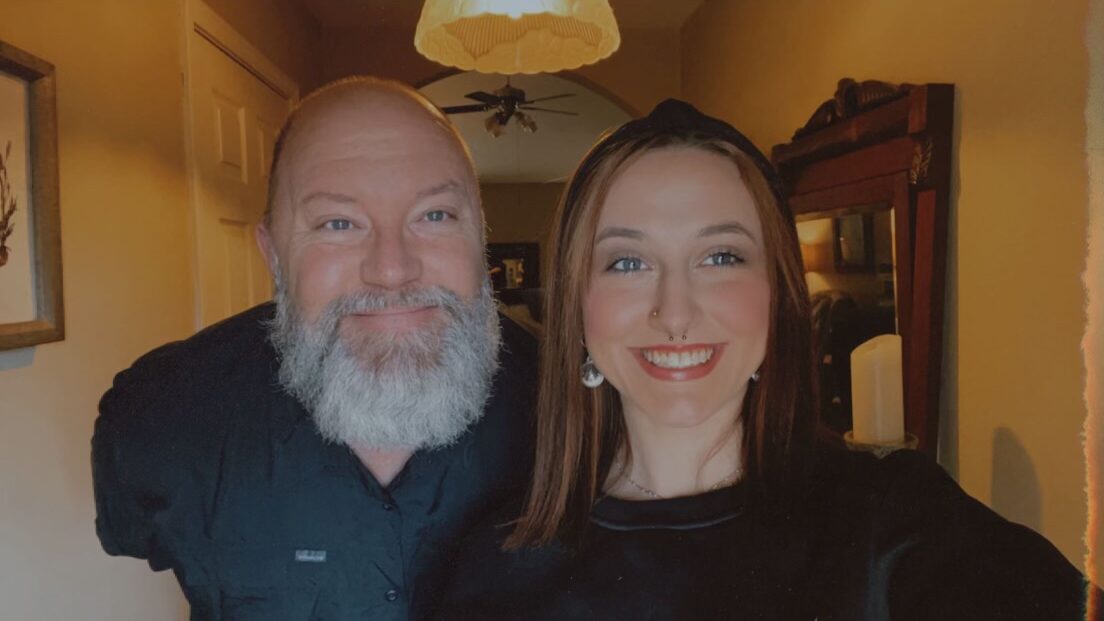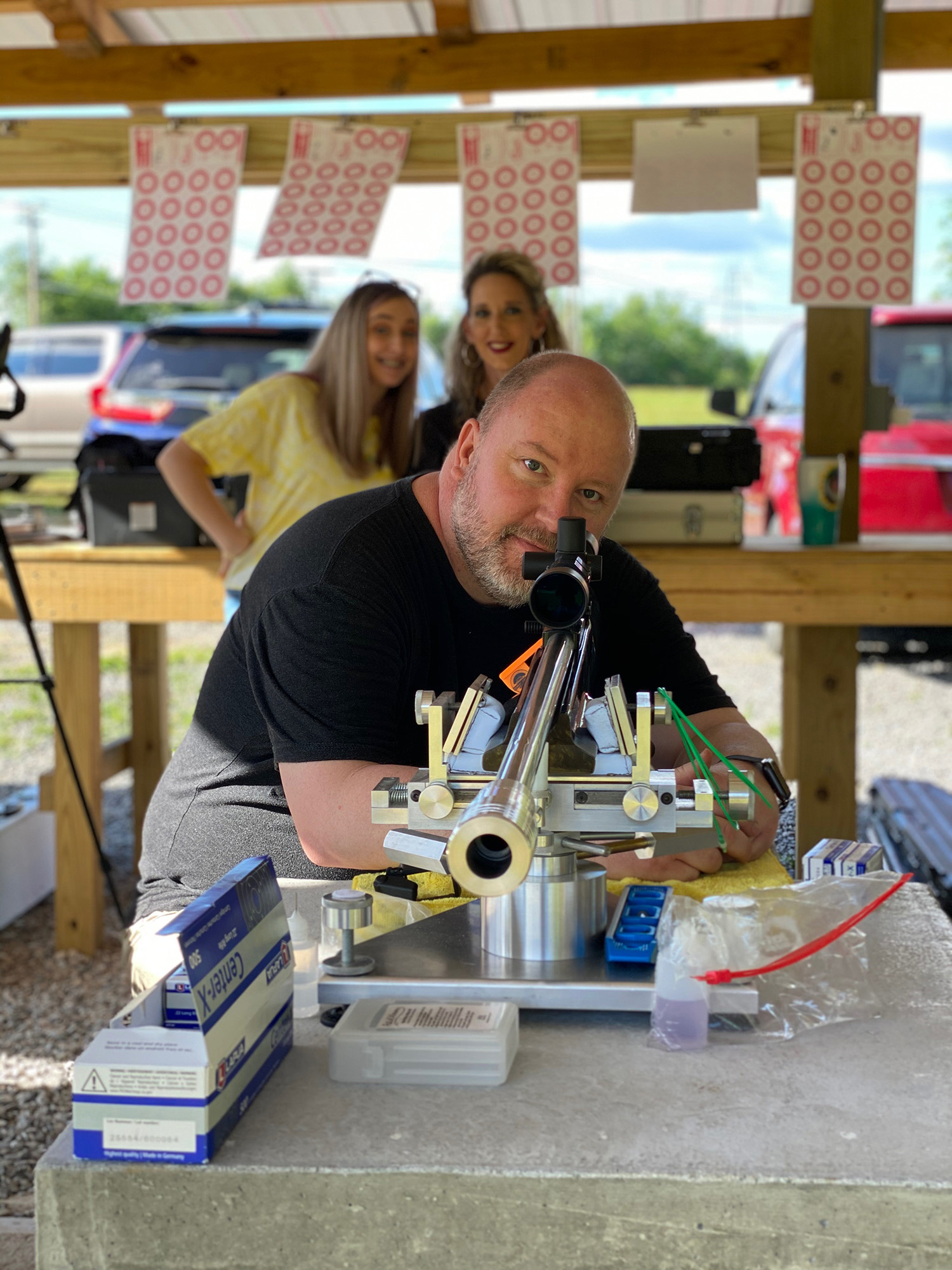
Life is a gift, and for me, that gift is now more fragile than ever.
My name is Travis Davis, and I want to share a deeply personal story with you in the hope of finding someone who can help me continue living life to the fullest.
Some of you may know that I have a genetic kidney disease called polycystic kidney disease (PKD). Over time, it has gotten worse causing my kidneys to become enlarged with cysts and not work well enough to keep me alive. This is what I am facing now, and my treatment options are limited to dialysis treatments or a kidney transplant.
Getting regular dialysis treatments, are currently doing the job of keeping me alive, but my health will continue to decline even with dialysis. A transplant would offer me more freedom and the ability to live a longer, healthier, more normal life. One of my greatest joys has always been spending time with my friends and family, and a transplant would give me the chance to be there for more family gatherings, milestones, and simple moments.
However, finding a kidney for a transplant is not easy. Just ask the 100,000+ people on the waiting list for a deceased donor kidney like me. Time is not on our side. Some wait for years; many die while waiting. The average wait time is five years or more for a kidney from a deceased donor. However, there is another option: receiving a kidney from a living donor!
Asking a family member or a friend to consider donating a kidney to me is difficult, but it greatly improves my chances of getting a transplant. Living donations are typically more successful and last longer than kidneys from deceased donors, making this option my best chance for a healthy future.
Life is a gift, and for me, that gift is now more fragile than ever.
My name is Travis Davis, and I want to share a deeply personal story with you in the hope of finding someone who can help me continue living life to the fullest.
Some of you may know that I have a genetic kidney disease called polycystic kidney disease (PKD). Over time, it has gotten worse causing my kidneys to become enlarged with cysts and not work well enough to keep me alive. This is what I am facing now, and my treatment options are limited to dialysis treatments or a kidney transplant.
Getting regular dialysis treatments, are currently doing the job of keeping me alive, but my health will continue to decline even with dialysis. A transplant would offer me more freedom and the ability to live a longer, healthier, more normal life. One of my greatest joys has always been spending time with my friends and family, and a transplant would give me the chance to be there for more family gatherings, milestones, and simple moments.
However, finding a kidney for a transplant is not easy. Just ask the 100,000+ people on the waiting list for a deceased donor kidney like me. Time is not on our side. Some wait for years; many die while waiting. The average wait time is five years or more for a kidney from a deceased donor. However, there is another option: receiving a kidney from a living donor!
Asking a family member or a friend to consider donating a kidney to me is difficult, but it greatly improves my chances of getting a transplant. Living donations are typically more successful and last longer than kidneys from deceased donors, making this option my best chance for a healthy future.

You might not know a lot about living donation – I know I didn’t before kidney disease affected my life. Understandably, some people are afraid about the surgery and what living with one kidney will mean for them. Here’s some basic information about kidney donation:
- You only need one kidney to live a healthy, long life.
- Most donor surgery is done laparoscopically, meaning through tiny incisions.
- Recovery time is usually fairly quick, generally two weeks.
- The cost of your evaluation and surgery will be covered by my insurance. The hospital can give you extensive information on this.
- You will have a separate team of healthcare professionals to evaluate you as a living donor.
Their job is to help you understand the risks and benefits and look out for YOUR best interests.
For more information, contact the University of Tennessee Medical Center Living Donor Coordinator at the Center for Transplant Services.
You can also learn more about living donation on the National Kidney Foundation (NKF) website: www.kidney.org/livingdonation or by contacting the NKF’s free, confidential helpline at 855.NKF.CARES (855.653.2273) or Snkfcares@kidney.org. If you want to talk to someone who’s already donated a kidney, NKF can also help.


If you feel inspired to explore this journey with me, I would be grateful to discuss more about how you can help. Whether through kidney donation or by simply sharing this message with others, you have the power to make a life-changing difference.
I know living donation may not be right for everyone — but you can still help! Consider being an organ donor after death and also, help me by sharing my story with everyone you know. At the very least I want to bring awareness to polycystic kidney disease, overall kidney disease, and living donation. I am hopeful my efforts will help me receive a kidney sooner and encourage others to consider helping the many people on the waitlist.
From the bottom of my heart, thank you for taking the time to read my story and for considering how you might help. Whether it’s through donation, sharing my story, or spreading awareness, I am filled with hope knowing that, together, we can make a difference.